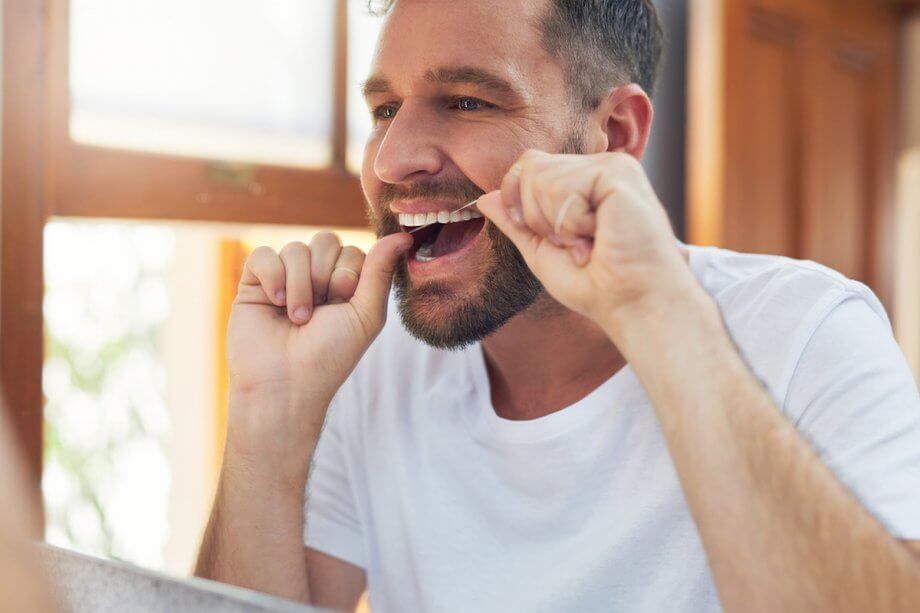When you choose a sports drink over soda, you may believe you're making a healthy decision, but are you really? Sports drinks are commonly thought to be healthier alternatives to soda, but the truth is that they can be even worse for you, at least as far as your teeth are concerned. Here’s why.
Sports Drinks Are High in Sugar
Those large bottles of brightly-colored sports drinks aren't any better than soda or juice for your teeth—in fact, they're usually much less healthy. Sports drinks are often higher in sugar than soda! Sucrose or high fructose corn syrup are used to sweeten sports drinks because these carbohydrates provide an immediate energy boost. Fortunately, there are many healthier ways to give yourself more energy without relying on all that sugar.
Because the bacteria that causes tooth decay and gum disease thrives in the presence of sugar, sports drinks can create an environment that allows these bacteria to multiply. Regularly drinking sports drinks can set the stage for dental problems.
Sports Drinks Are Highly Acidic
One of the ways bacteria causes tooth decay is by releasing acid into the mouth, which erodes the enamel on the surfaces of your teeth. Because sports drinks often contain citric acid, they're acidic in addition to being loaded with sugar, which means they're a double-whammy for your dental health. They contain acid, which erodes enamel, and they increase bacterial overgrowth with their high sugar content, leading to cavities.
Most people are aware that soda is acidic, but sports drinks have even higher acid content. Sports gels, chews, and gums all contain high levels of acid as well, which means they’re not any better for your teeth than the drinks.
Alternatives to Sports Drinks
Sports drinks are designed to replace electrolytes, which is one advantage they have over other soft drinks. That said, unless you're a high-level athlete, water will generally do the job when it comes to meeting your hydration needs. Electrolytes can be replaced with foods like bananas and watermelon, but if you prefer the convenience of a sports drink, watermelon juice and coconut water are healthier alternatives without all the added sugar and acid of typical sports drinks.
If you absolutely cannot go without sports drinks when you’re working out, here are some tips to help minimize damage to your teeth:
- Instead of drinking a large bottle of your favorite sports drink when you work out, divide it into smaller eight-ounce portions.
- Use a straw when drinking to limit contact with the teeth.
- Brush 30 minutes after having a sports drink. Brushing too soon after drinking can spread acid around the mouth, doing more harm than good.
- If you’re not able to brush because you’re not at home, rinse your mouth out with water.
It's a good idea to limit your overall consumption of sports drinks. Many people have sports drinks on a daily basis because of the health halo effect surrounding them—they might grab a sports drink instead of coffee for a boost of energy in the morning, have one with lunch instead of soda, or sip on a bottle in the afternoon for a pick-me-up. If you don’t want to cut out sports drinks altogether, we recommend only using them when you’re working out.
Learn More About Sports Drinks and Dental Health
If you’d like to discuss how sports drinks are impacting your dental health, contact us today at 570-287-2500 to schedule an appointment with Dr. Todd.
